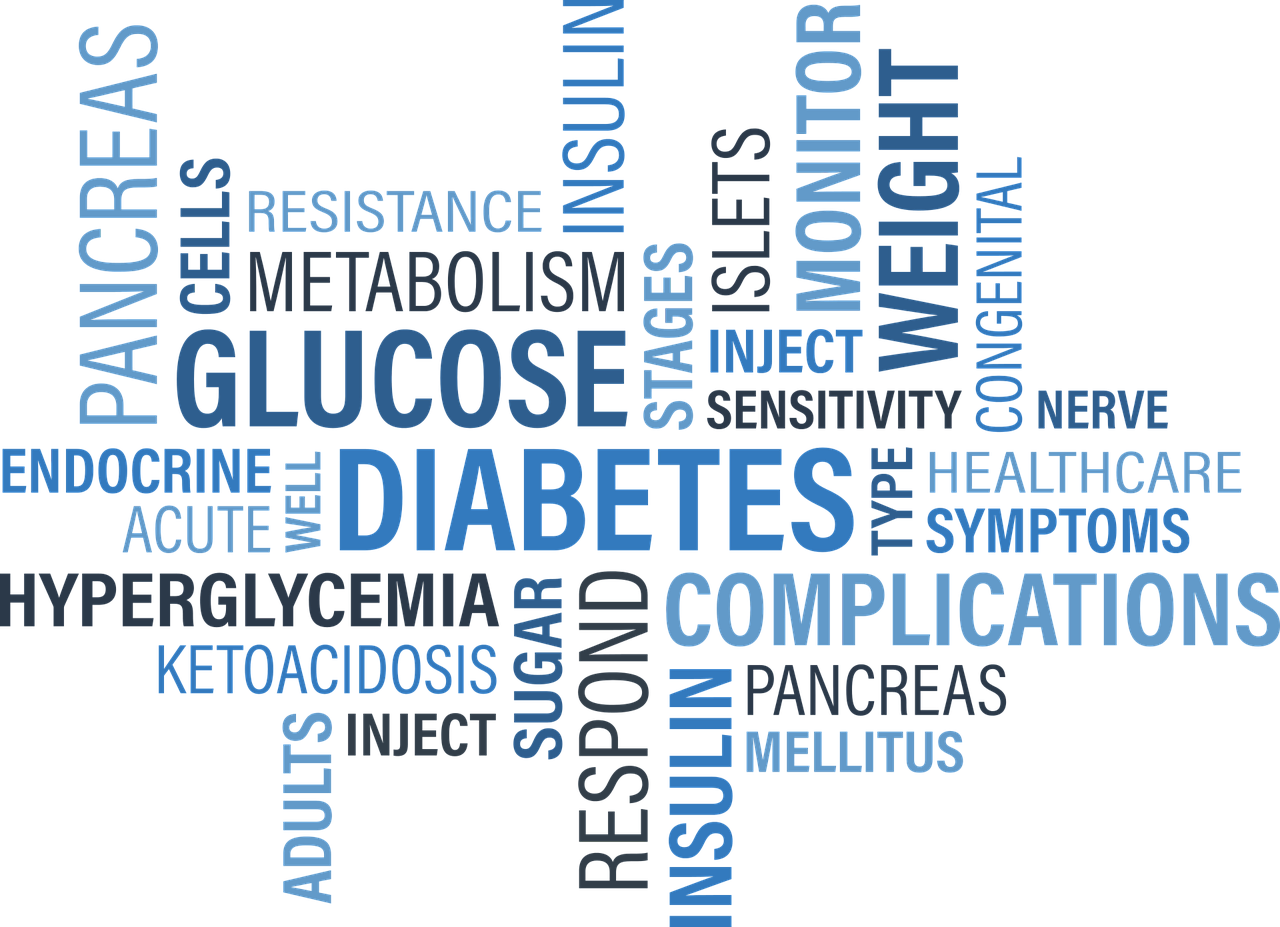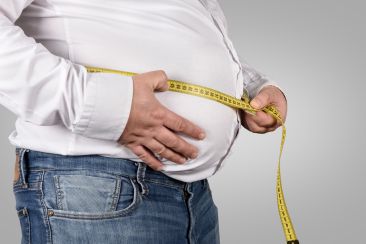
Diabetes reversal
Can Type 2 Diabetes Be Reversed?
Type 2 diabetes is a chronic metabolic condition where blood glucose levels remain too high due to insulin resistance or reduced insulin production. One of the strongest predictors of diabetes progression is excess fat in the liver and pancreas.
Research shows that sustained weight loss, especially in the early stages after diagnosis, can lead to remission — meaning blood sugar levels return to a non-diabetic range without the need for medication.
What Does Research Say About Diabetes Reversal?
In the Diabetes Remission Clinical Trial (Direct) published in the medical journal The Lancet, we find that weight loss results in permanent remission of type 2 diabetes.
Diabetes was reversed in about half of the patients in this study. Participants were given a diet change formula for 3-5 months and then gradually introduced to a regular diet during this study. We have been given continuous support throughout the program. Since then, further research has shown a decrease in the amount of fat in the pancreas and within the liver, which contributes to increased sensitivity and improved pancreatic function. It might be one of them. The best time to visit this program is within the first five years of being diagnosed with type 2 diabetes.
What if a low-carb diet is discontinued?
It is difficult for our government to adopt low-carbohydrate diets. The second reason is that not everyone can implement this program. As shown above, Direct revealed that half of the people did not benefit at all, and then the people who go back to their diet as usual may gain weight again, and type 2 diabetes is more likely to return. Later weight loss efforts are also hampered by changes in the basal metabolic rate.
|
Criteria |
Result |
|---|---|
|
Duration of intervention |
3–5 months (low-calorie liquid diet) |
|
Remission rate at 12 months |
46% |
|
Best outcomes seen in patients with |
Diagnosis < 6 years, weight loss ≥10 kg |
|
Liver/pancreas fat reduced? |
Yes — improved insulin function |
Frequently Asked Questions (FAQ) About Type 2 Diabetes Reversal
Can type 2 diabetes really be reversed?
Yes, in some cases. Studies like DiRECT have shown that people with recent diagnoses who lose 10–15 kg can experience diabetes remission without medication.
What is considered remission for type 2 diabetes?
Remission is defined as achieving an HbA1c below 48 mmol/mol (6.5%) without the use of glucose-lowering medications, for at least 6 months.
How long does it take to reverse type 2 diabetes?
Remission is most likely within the first 5–6 years of diagnosis. Structured programs have shown that 3–5 months of intensive dietary changes can trigger remission.
Will diabetes come back if I stop dieting?
It can. If weight is regained, fat may accumulate in the liver and pancreas again, resulting in increased glucose levels. Long-term support is critical.
Is low-carb the only way to reverse diabetes?
No. While low-carb and low-calorie diets have shown success, other dietary patterns, such as the Mediterranean diet, can also contribute to sustained weight loss.
What if I can’t afford special food or supplements?
Our approach works within your lifestyle and budget. We focus on evidence-based nutrition, behavioural strategies, and long-term habit building, not expensive products.
How can you help me get rid of type 2 diabetes?
After a preliminary diagnosis by a diabetes specialist, we will provide you with a weight management plan assisted by a dietitian. We have so many people who can't afford a low-calorie or low-carbohydrate diet. So we let them study your appetite and offer a unique solution.
Once diabetes is under control, it is essential to maintain weight loss to prevent blood glucose control from deteriorating. When food supplements are discontinued and people return to a regular diet, it is common to see that they sometimes regain more weight than they had lost.
Our team of experts will help you understand your body and provide tools to maintain a healthy weight in the long term, thereby preventing the recurrence of type 2 diabetes.


